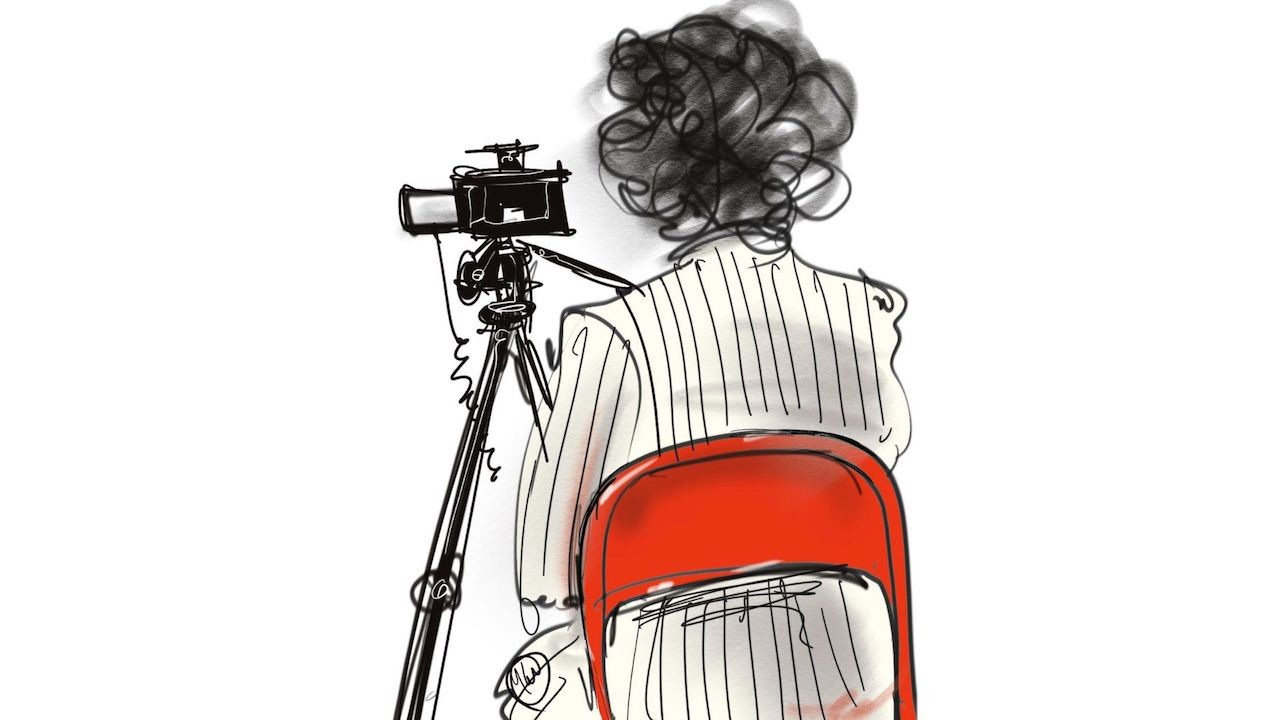Date & time
10 a.m. – 12 p.m.
Registration is closed
Registration is closed
The Frictions of Futurity and Cure in Transplant Medicine Project Team
This event is free
J.W. McConnell Building
1400 De Maisonneuve Blvd. W.
Room LB-1019
Yes - See details

Digital storytelling (DST) is of growing interest within health care settings to better understand patient experience and translate knowledge between health care professionals and patients. DST is a relational tool that can be used for education, advocacy, creative expression, and therapeutic intervention.
In this project, we engaged with DST to amplify the voices of patients in the transplant community by layering patient-experience through multimodal practices alongside the dominant biomedical transplant narratives. We led a critical discourse analysis (CDA) of transplant-educational materials to identify common themes, gaps, and narratives between solid-organ groups. Arts-based methods and digital storytelling workshops were used in addition to ethnographic interviews with patients from heart, liver, lung, and kidney transplantation programs at the Ajmera Transplant Centre at the University Health Network.
Digital stories encouraged conversations between patients, clinicians, family members and solid-organ groups. The main themes that emerged from the CDA of transplant manuals and eighty-four ethnographic interviews demonstrated the transformative experience of transplantation, the overwhelming emotions, and the interpersonal or professional misunderstandings. Eight digital stories were created and screened by transplant patients with the Liver Transplant Program at the Toronto General Hospital, and the Canadian Donation and Transplantation Research Program (CDTRP). Arts-based methods facilitated patients to engage in redefining their transplant narrative through unspoken emotional experiences such as anger, grief, and loss, which sit alongside the more spoken feelings of gratitude and hopefulness for the future.
Community-based learning emerged from sharing patient-experience and knowledge. The digital storytelling workshops and ethnographic interviews empowered patients by regaining control over their stories and engaging in multiple transplant narratives.
© Concordia University